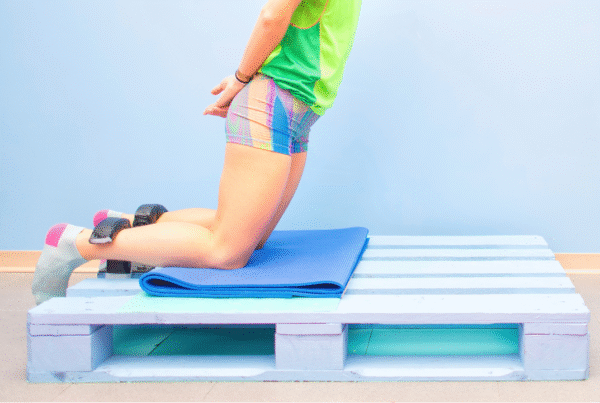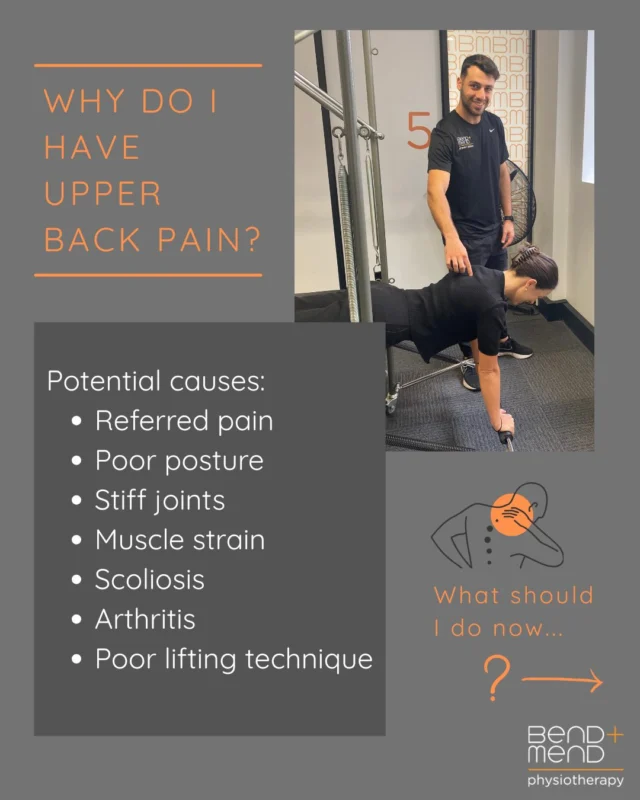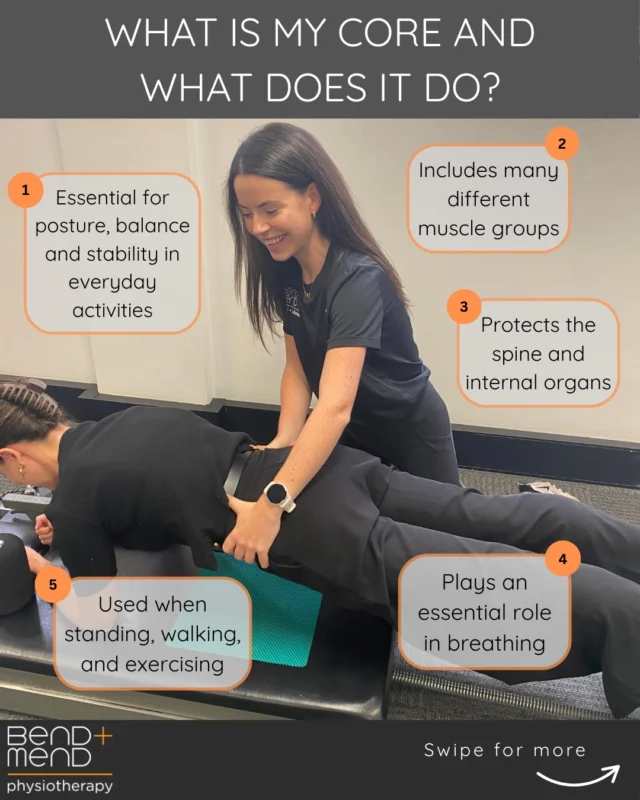Do you ever think…”I’ve had a baby and things just don’t feel normal ‘down there’ since?!?”
As a generation, we as women are getting better about talking about issues around sex, continence, miscarriages, the not so fabulous parts of child bearing. However, there are a few things that we still need to work on. Pelvic organ prolapse is one of them!
What is a Pelvic organ Prolapse?
Pelvic organ prolapse (POP) is the falling down of any of the organs in the pelvic cavity such as the bladder, bowel, uterus or intentines (sounds serious hey!).
This often comes with the feeling of heaviness or fullness in the vagina or even a bulge at the vaginal entrance. POP can bring on symptoms such as pelvic pain, low back pain, pain or discomfort during sex, incontinence or an inability to keep a tampon in.
Just as it sounds, these are not nice symptoms to experience, and they are also not easy symptoms to talk about, which is why a lot of women put up with it rather than getting it checked out!
Who is at risk of pelvic organ prolapse?
The two factors that put women at a greater risk of prolapse are child bearing, especially when forceps or vacuum assistance was required for the delivery, and increasing age. Other factors such as genetics, smoking, pelvic floor injuries and issues such as constipation, chronic coughing, obesity, menopause and heavy lifting such as cross fit! Most of these factors increase the downward pressure on the organs in the pelvis and stretch the ligaments which are holding the organs up. This, teamed with a weak pelvic floor, can lead to slipping down of the organs and over time they can get worse if bad habits are not corrected.
What can a Physio do to help?
Learning about your specific issue and why it has occurred is very important to help improve it. We can teach you better habits to avoid pressure and pushing down of the organs. Importantly, being showing how to achieve a proper pelvic floor lift, and when to use it, are very good starting points to improving symptoms.
In severe cases surgery may be indicated, however 300,000 POP surgeries are performed annually in the USA of which many fail in the first 6 weeks. These results can be dramatically improved by making sure you have strong pelvic floor muscles prior to any surgery (you may find they improve so significantly, that the surgery is no longer needed!).
Come and chat to Tori or Bonnie, our specialist Women’s Health Physio’s at Bend + Mend in Sydney’s CBD if you have any awkward questions and start taking back the control of your pelvic organs!





